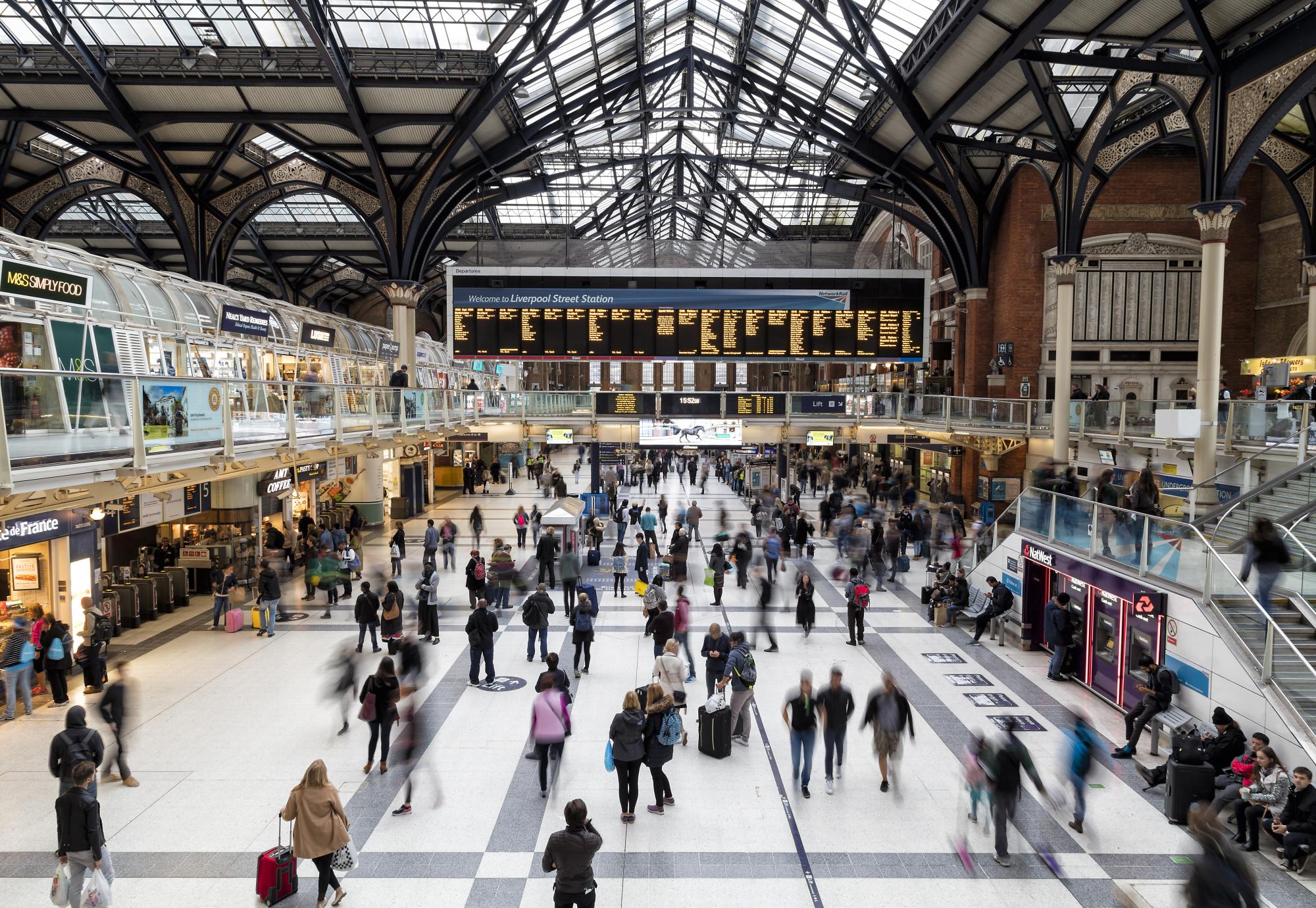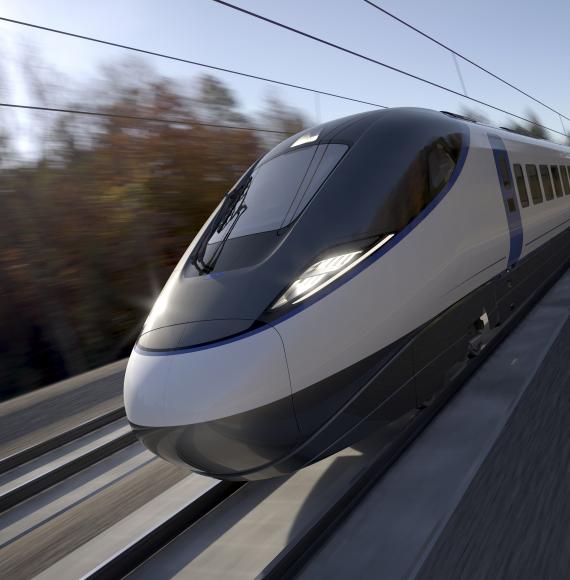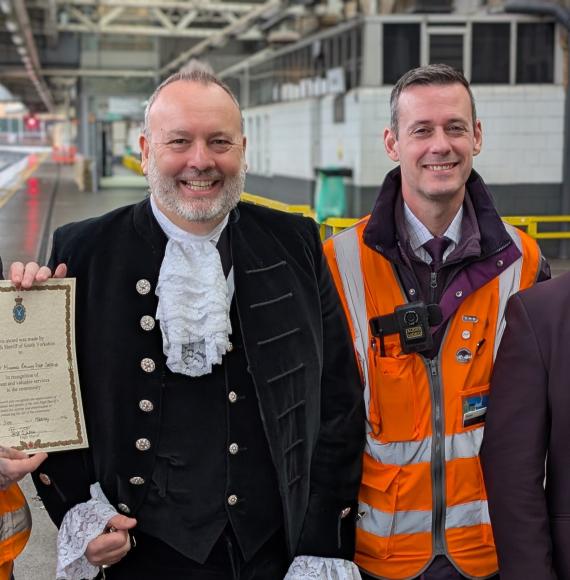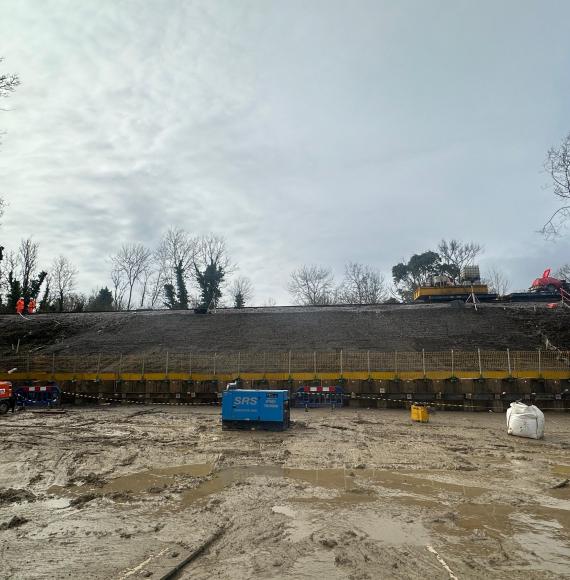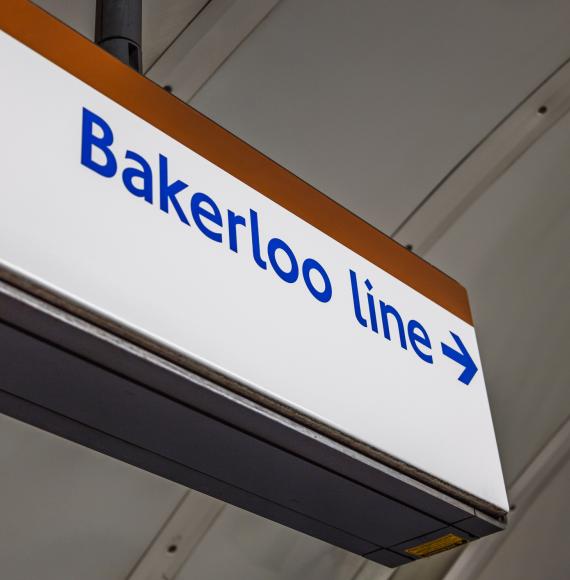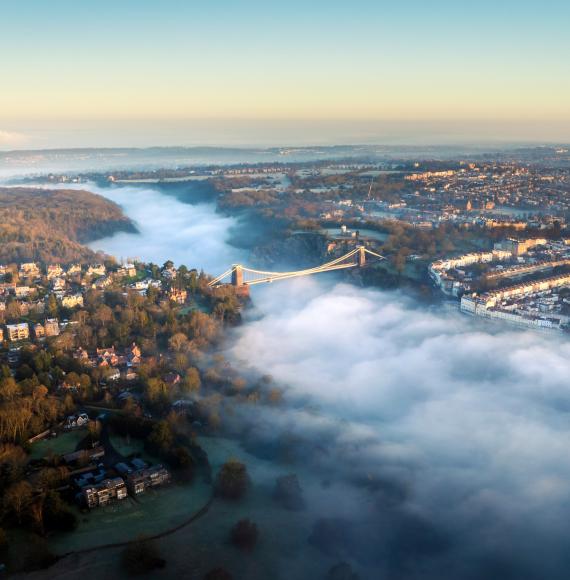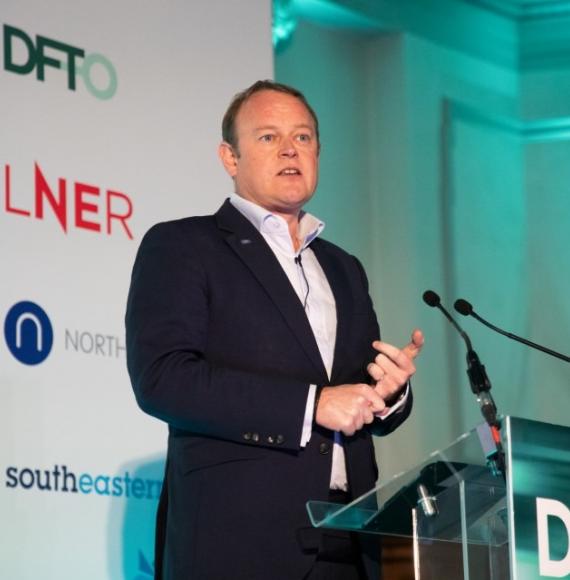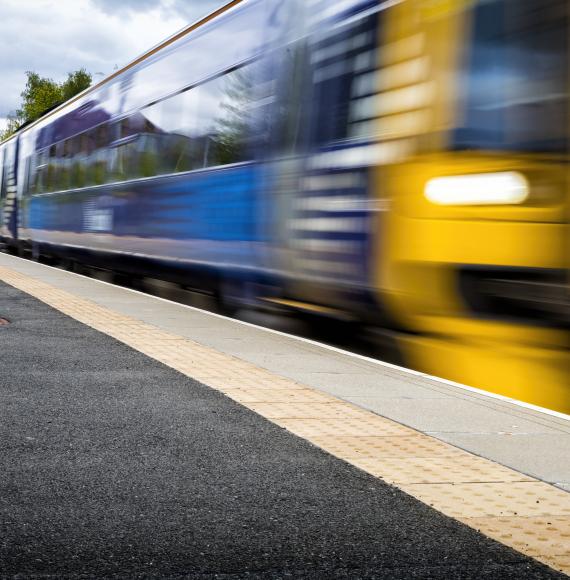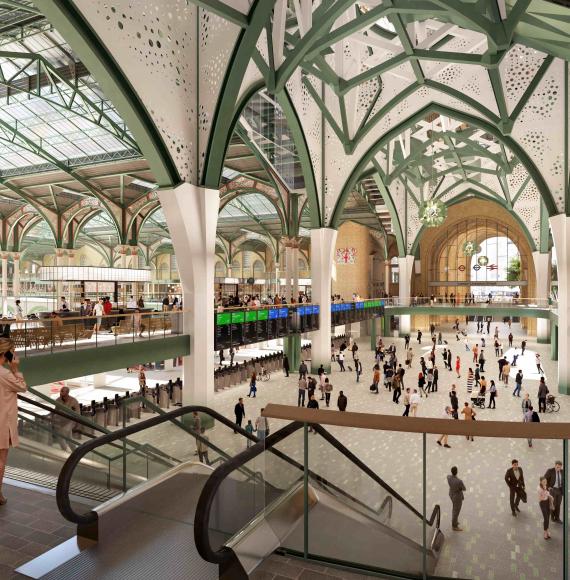The first session of the Transport Committee’s deep dive into how minimum service levels may in future apply to the rail sector has begun today, seeing cross-party questioning put to Anthony Smith, Chief Executive, Transport Focus, Kate Nicholls OBE, CEO, UK Hospitality and Phil Smart, Assistant Policy Manager, Rail Freight Group.
When asked about the overall impact of the recent industrial action, Anthony outlined a recent study conducted this past January, where 2,000 passengers, or would be passengers were asked about the effects of the strikes so far, with “two thirds” of this pool admitting there have been effects so far, with “43% saying that social and personal life had been impacted, 23% negative impact on personal finances, 21% on health and wellbeing, 14% negative effect on their ability to work or earn a living.”
The passenger impacts of the strikes, whilst being majorly detrimental to individuals socials and financial stability, “what’s quite clear from the research, is that by far the biggest impact has been on social and leisure trips,” as Anthony stated. The risks of transport related social exclusions are very real, with passengers unable to garner an autonomy of self when it comes to independent travel, especially for those who are less abled within the UK.
One unexpected passenger benefit to have stemmed from the recent pandemic restrictions has come in the form of a select pool of people’s ability to work from home, thus reducing that dependency on the railways to accommodate commuter travel.
Those who are dependent upon the UK’s rail sector for their personal leisure travel, however, have faced staunch circumstances of the imposed social related transport exclusion, that has potential short- and long-term damaging effects to individuals and their overall perception of the industry.
According to Anthony’s research, “almost a third of the people we spoke to said that even when things were back to normal, they would be much more reluctant to use trains.” This clear lack of reliability for passenger services has led to a loss in confidence for the railway, which could portend a future of further financial instability through lack of regular, recurring custom that can have the transformative effect necessary to recoup financial losses that are backdated to the pandemic restrictions.
The rail sector has been fighting an uphill battle to stay afloat in recent years, with instances of subsidies being awarded to ensure the long-term health of institutions that rely on the revenue from customer purchasing, such as the TfL. The impacts from worsening passenger perspective on the industries reliability to maintain services will stimy further sector growth due to consistent losses from daily revenues.
Anthony echoed this as he stated:
“These strikes and associated industrial action around them, have had very, very corrosive effects, not to mention of course, the loss of income to the industry, which, in the long term, will affect investment.
“We’ve seen figures quoted of £25m being lost a day through strike action during the week and £15m at the weekend, and I think much harder to quantify is the effect on the industry itself.”
Want to know more about the opportunities to become a key supplier to the UK rail industry? Attend TransCityRail and access an exclusive marketplace of buyers from Network Rail, HS2, Train Operators, Major Contractors, and all other tiers of the supply chain. For more information and to secure your place click here.

